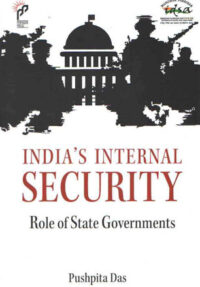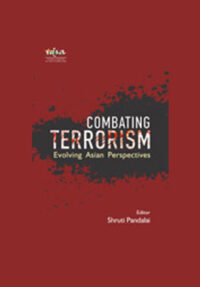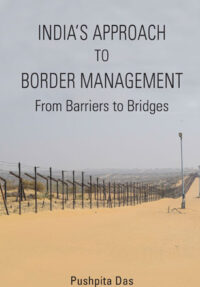The Attempt to Sideline Muivah
The ongoing attempt to unify Naga insurgent groups is unlikely to end the two-decade old factional rivalry and killings in Nagaland. This is because the unification idea is largely seen as a deliberate attempt to sideline Thuingaleng Muivah and his Tangkhul tribe’s hegemony over the Naga insurgency movement. The end result of this effort is likely to be an escalation in fratricidal killings.
- M. Amarjeet Singh
- February 02, 2008









